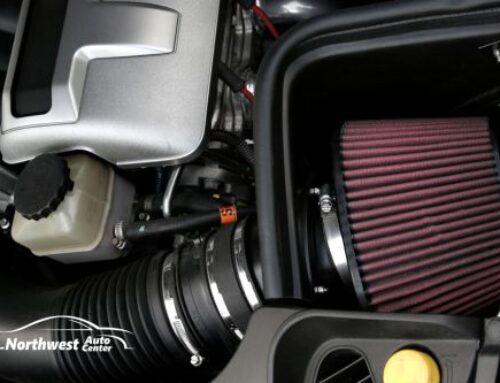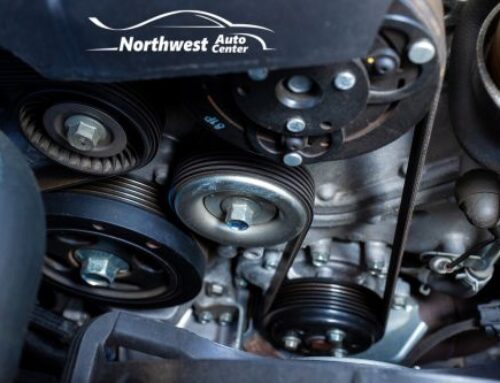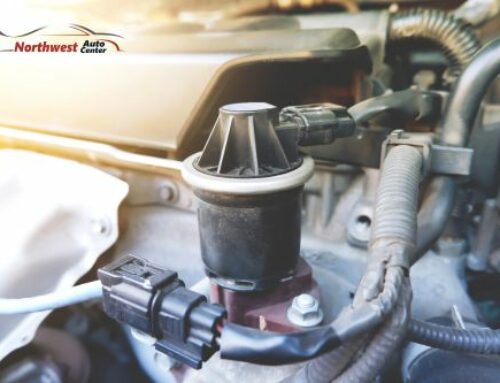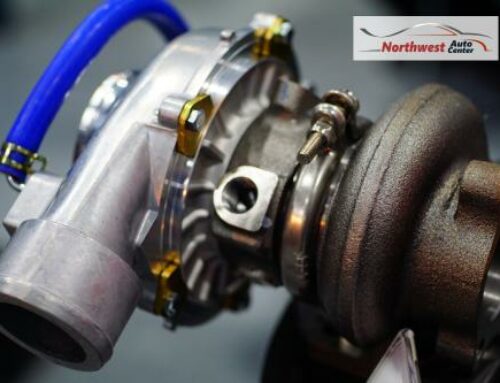
Performance air filters have long been touted as a quick and easy way to boost your car’s power and efficiency.
You’ve probably seen them advertised with promises of increased horsepower, better fuel economy, and longer engine life. But are performance air filters really all they’re cracked up to be? Like most aftermarket upgrades, they come with both advantages and potential drawbacks.
What Are Performance Air Filters?
Unlike standard disposable paper filters, performance filters are typically made of high-flow cotton gauze, foam, or synthetic materials. They are designed to allow more air into the engine while still filtering out harmful debris. More air can lead to better combustion, which in turn may improve engine performance.
Performance filters are also usually reusable and washable, which can make them more cost-effective over time. But that doesn’t mean they’re a one-size-fits-all solution for every driver or vehicle.
Pros of Performance Air Filters
Improved Airflow and Engine Performance
One of the main selling points of performance air filters is increased airflow. Since combustion engines rely on a mix of fuel and air, more air can help the engine “breathe” better. This can lead to modest gains in horsepower—usually between 1-5%, depending on the vehicle and the condition of the original filter.
Reusable and Eco-Friendly
Most performance filters are built to last. Instead of replacing them every 12,000 to 15,000 miles like a standard paper filter, you can clean and reuse a performance filter for up to 100,000 miles (with proper maintenance). This reduces waste and can save you money in the long run.
Potential Fuel Economy Boost
Although the gains can vary, a performance air filter may slightly improve your fuel efficiency. With improved airflow, your engine doesn’t have to work as hard, which can translate to better miles per gallon, especially during highway driving or in vehicles with turbocharged engines.
Better Throttle Response
Some drivers notice improved throttle response after installing a performance filter. With less restriction in airflow, acceleration can feel smoother and more immediate—especially useful for spirited driving or towing situations.
Cons of Performance Air Filters
Minimal Power Gains
While performance air filters can improve airflow, the actual horsepower gains are often modest. If you’re expecting dramatic changes in your vehicle’s performance, you might be disappointed. These filters aren’t a substitute for major engine upgrades.
Maintenance Requirements
Reusable filters need to be cleaned and re-oiled regularly to perform at their best. Neglecting this maintenance can actually reduce engine performance or allow dirt and debris into the engine. If over-oiled, the filter can even foul the mass airflow sensor (MAF), causing drivability issues.
Risk of Increased Contaminant Intake
Some performance air filters prioritize airflow over filtration. In other words, they may let in more dirt, dust, and contaminants than a traditional paper filter. Over time, this can lead to engine wear—especially in dusty or off-road environments.
Higher Upfront Cost
While they may save you money over time, performance filters do cost more upfront. Prices range from $40 to over $100, compared to $10–$20 for a standard disposable filter. If you’re not planning to keep your car long term, you may not recoup that investment.
Do Performance Air Filters Really Help?
The answer is—it depends. If you’re a performance enthusiast looking to squeeze every bit of power from your engine, a performance air filter is a worthwhile, affordable upgrade. They’re also a solid choice if you want to reduce waste and are willing to stay on top of filter maintenance.
However, if you drive a commuter car and just want reliability and low maintenance, a standard paper filter may be the better (and more cost-effective) option. The performance gains you’d get may be so slight that you wouldn’t notice a difference in day-to-day driving.
When Are Performance Filters Most Effective?
Performance air filters tend to make the biggest difference when paired with other modifications, such as a cold air intake, performance exhaust, or engine tuning. On their own, they offer incremental improvements, but combined with other upgrades, they can help your engine reach its full potential.
Also, in vehicles with turbochargers or in high-revving engines, the benefits can be more noticeable. If you tow regularly, drive in the mountains, or just want a bit more pep in your acceleration, a performance filter can help—but it won’t turn your sedan into a race car overnight.






Leave A Comment
You must be logged in to post a comment.